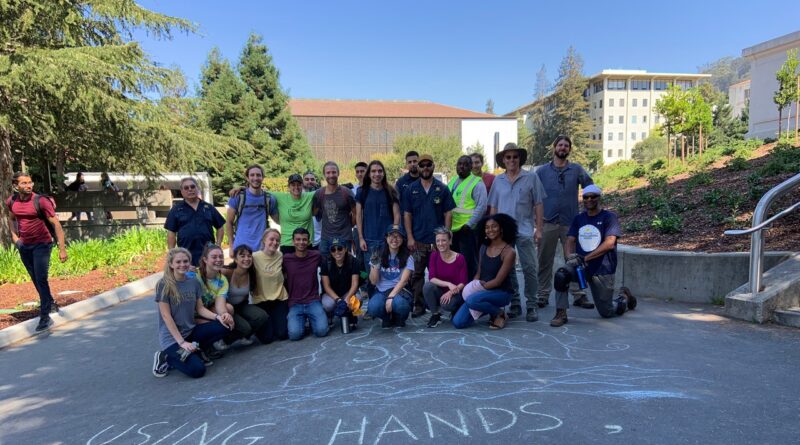Re:wild Your Campus Wants to Turn College Campuses Into Climate-Resilient Green Spaces
At Drexel, Emory, and many other schools we work with, we hear the same concerns: cost and aesthetics. However, through research we have compiled and base on our own experiences, we’ve found that a properly implemented organic program will leave an area looking the same, if not better, and that the long-term costs of organic management are lower than conventional management.
To help encourage more schools to ditch hazardous pesticides and go organic, Re:wild Your Campus has launched the Green Grounds Certification, a first-of-its-kind certification for campuses that are taking steps to prioritize human and environmental health. Seattle University, Cascadia College, and University of Washington Bothell (UW Bothell) are the first three schools to receive this certification — and all at the highest level: platinum. This means their campuses and sports fields are all managed without synthetic pesticides and fertilizers.
Campuses like these have seen great benefits from transitioning to organic management practices. In our report, published in 2021, we found that implementing organic land can result in water savings of up to 25%, increased soil health, and reduced costs associated with campus management. Factoring in time and pesticides, fertilizers and other applied products, UW Bothell and Cascadia College are spending one-tenth the amount on their organic lawns as they once did on their conventional lawns, according to our findings.
Unfortunately, though, change is slow. If you’re a student, your campus, whether it’s a K-12 school or a college, is likely covered in potentially hazardous pesticides. But the tide against pesticide-intensive campus management is turning, and you can help. Reach out to your campus grounds management or sustainability office, encourage them to become Green Grounds Certified, offer support as they make the transition, and push to get administrators involved. It’s high time that colleges and universities prioritize the health and safety of campus communities and become models for climate resilience, both in the classroom and on the grounds.
Stay up-to-date with the politics team. Sign up for the Teen Vogue Take




